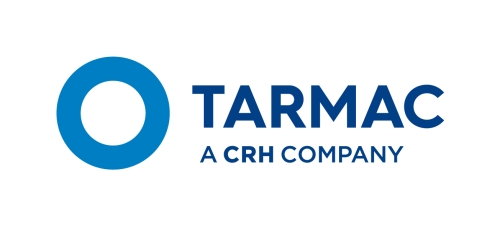Dunbar will begin using solid recovered fuel in the cement plant
Oliver Curtin, Dunbar plant manager
Our Cement and Lime business is boosting the sustainability of its operations at Dunbar cement plant by agreeing a contract with leading Scottish resource management company, Hamilton Waste and Recycling, to begin using Solid Recovered Fuel (SRF) at the plant. This will enable us to increase the proportion of sustainable fuels we use: harnessing valuable energy, reducing our carbon footprint and significantly decreasing our reliance on fossil fuels.
The SRF supplied by Hamilton is manufactured from waste material that cannot be recycled. It is composed of a range of non-hazardous materials including paper, card, wood, textiles and plastic. The dry, flock-like material can be consistently manufactured to users’ specification including moisture content and calorific value.
SRF is ideally suited to the energy and mineral needs of the cement production process by releasing high calorific energy value. All the fuel is used and there is no residual waste – the mineral ash becomes part of the cement clinker, a process known as ‘co-processing’. Further environmental value is derived as a result of diverting this residual material from expensive and non-sustainable disposal in landfill.
Oliver Curtin, Dunbar plant manager, said: “Solid Recovered Fuel is an excellent fuel for the cement process and has been used at our other cement plants in Derbyshire and South Wales for years. We are pleased to be adding it to the range of waste-derived fuels supporting our operations at Dunbar, reducing our emissions and dependence on fossil fuels and making a significant difference to the sustainability of our operations.”
Hamilton managing director Robin Stevenson said: “We are committed to improving our customers’ environmental performance and our work with Tarmac at Dunbar demonstrates how we are able to optimise the commercial and environmental value of waste that cannot be recycled in traditional ways.
“The world’s natural resources, including fossil fuels, are under tremendous pressure and we must continue to innovate and find sustainable alternatives for the future. The fact that the fuel is manufactured from waste collected in and around East Lothian and Dunbar is also positive for everyone involved.”
Combined with other waste-derived fuels, this new supply of SRF at Dunbar will support our aim to replace up to 45% of its traditional fossil-based fuels with alternatives which are fully or partially classed as carbon neutral.

